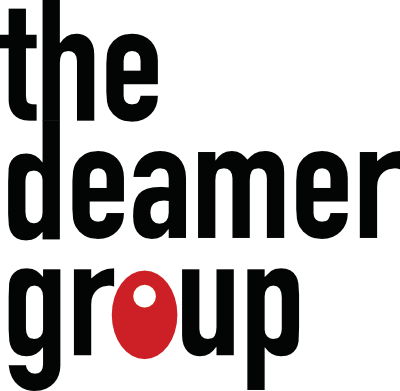
When it comes to hiring, finding the right person for the job is no small feat. Whether you’re filling a senior executive position or hiring a fresh graduate, ensuring the candidate is the right fit for your organization is crucial. This is where assessments come into play. As an expert in hiring, I’ve seen firsthand how integrating assessments into the recruitment process can lead to better hires, increased productivity, and stronger teams. Here’s why you should consider using assessments in your hiring process.
1. Objective Evaluation
One of the most significant advantages of using assessments is the objectivity they bring. Traditional interviews can be influenced by unconscious biases, personal preferences, and even the mood of the interviewer. Assessments, on the other hand, provide a standardized way to evaluate candidates, ensuring everyone is measured by the same criteria. This objectivity helps to level the playing field, allowing you to make decisions based on data rather than instinct.
2. Better Predictive Validity
Assessments are designed to measure the skills, abilities, and personality traits that are most relevant to the job. Research has shown that certain types of assessments, like cognitive ability tests and work sample tests, have a higher predictive validity than traditional interviews alone. This means that candidates who perform well on these assessments are more likely to succeed in the role, reducing the risk of a bad hire.
3. Enhanced Cultural Fit
While technical skills and experience are important, finding a candidate who aligns with your organization’s culture is equally crucial. Personality assessments, such as the Big Five or DISC, can provide insights into how a candidate might fit within your team. By understanding a candidate’s work style, communication preferences, and values, you can make more informed decisions about their potential fit within your company culture.
4. Reduced Turnover
Hiring the wrong person can be costly, not just in terms of time and money, but also in the impact on team morale and productivity. Assessments can help reduce turnover by ensuring that candidates are not only qualified but also likely to thrive in the role and the work environment. When employees are well-matched to their jobs and company culture, they are more likely to stay long-term, saving your organization from the costs associated with high turnover.
5. Streamlined Hiring Process
Incorporating assessments can actually streamline your hiring process. While it may seem like an additional step, assessments can help you quickly identify top candidates, allowing you to focus your time and resources on those who are most likely to be successful. This efficiency can be particularly beneficial for organizations that receive a high volume of applications or need to fill positions quickly.
6. Improved Candidate Experience
Candidates appreciate a hiring process that is clear, fair, and thorough. By using assessments, you can create a more structured and transparent hiring process. This not only helps candidates understand what is expected of them but also gives them an opportunity to showcase their strengths in a more structured environment than a traditional interview might allow.
7. Data-Driven Decisions
Finally, assessments provide valuable data that can inform your overall hiring strategy. By analyzing assessment results, you can identify trends and patterns that may indicate the need for changes in your recruitment process. For example, if a particular role consistently sees high scores in a specific area, you might adjust your job postings or interview questions to reflect that.
Conclusion
Incorporating assessments into your hiring process is not just about finding the right skills; it’s about finding the right fit for your organization. By leveraging assessments, you can make more informed, data-driven hiring decisions that lead to better employee performance, reduced turnover, and a stronger organizational culture. As the hiring landscape continues to evolve, assessments will play an increasingly important role in helping organizations like yours build the teams they need to succeed.
By adopting this approach, you’re not just hiring employees; you’re building a future.
